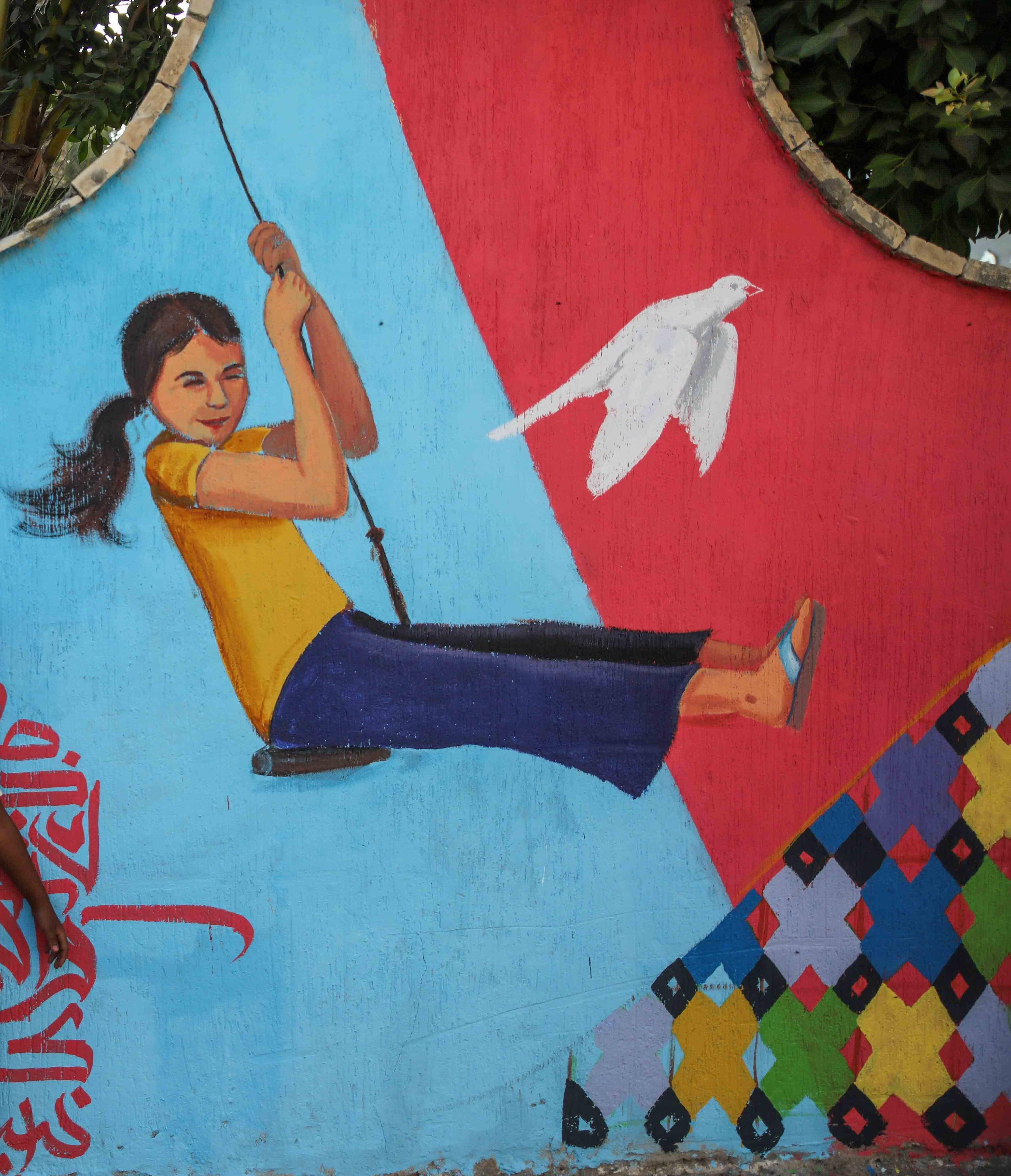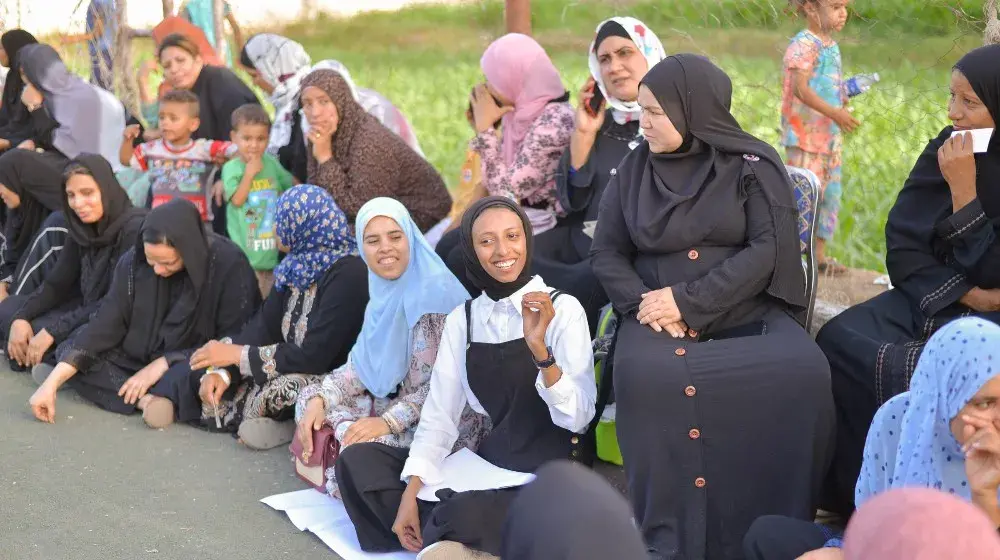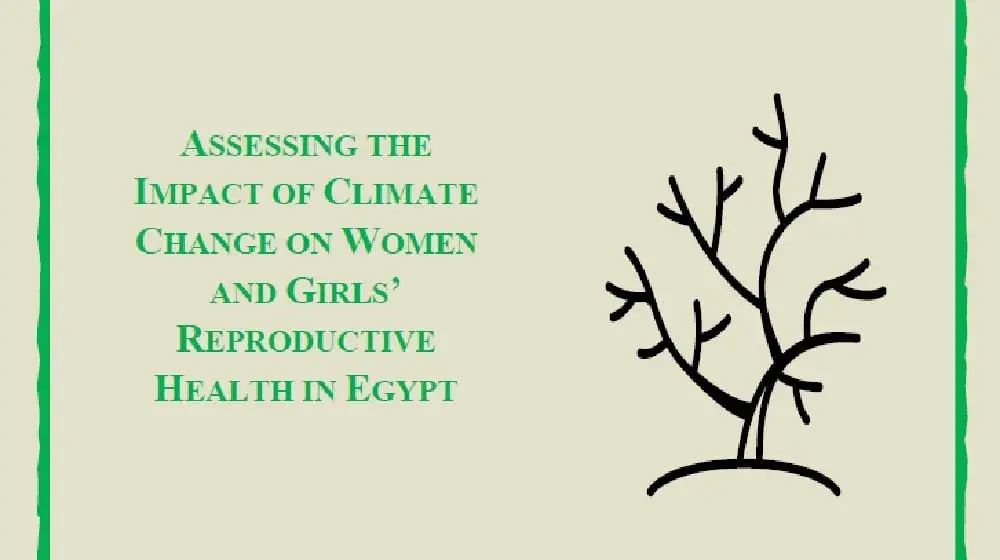First periods vary from one girl to another. It commonly starts between the ages of 10 and 16. Common misconceptions and lack of information about menstruation often contribute to feelings of shame, fear and shock when girls get their first periods. This may also have wider repercussions such as absence from school or other activities.
‘I didn’t feel like myself, I felt like I was changing’
Whenever commercials for sanitary products were on television, Salma* became inquisitive.
“As a little girl I would ask my mother what that was for, and she would explain to me that girls go through changes as they grow older and they need to use sanitary products,” Salma recalls.
She explains that while her mother never went into too much detail, she made sure she was her only source of information.
“She didn’t want me to go to anyone else or seek other sources because they may provide false information,” Salma says.
At 12 years old, and despite having had background on menstruation, Salma was still shocked to find so much blood on her clothes.
“It was a bad day,” she remembers, “I forgot everything I had learned from my mother when I saw the blood – I didn’t expect it this early.”
Zeinab remembers immediately calling her mother into the bathroom.
“She smiled at me, as if to tell me you are growing,” Salma recalls.
“My mother told me ‘this is what we talked about. It’s time’.”
Salma’s mother then taught her how to use sanitary products, how to dispose of them and how to maintain her hygiene during and after her period. She also explained to her how to deal with cramps and any other symptoms of menstruation.
Salma remembers being embarrassed during her first period and staying in her room for hours.
“I was so disturbed and I didn’t feel like myself, I felt like I was changing,” she remembers, “but luckily my family reassured me that it happens to every girl and supported me.”
Now, 21-year-old Salma advises mothers is to create a safe space for their daughters to confide and befriend them and advises girls to accept the changes they are going through and find ways to deal with it.
‘I couldn’t accept that this is something I have to live with for the rest of my life’
Despite having talked with her mother about menstruation, Samira* says she was still not prepared for her first period.
“I couldn’t really comprehend what it will be like until it actually happened,” she recalls, “I was scared when I saw blood and didn’t realize what it was.”
“I had some information that I tried to remember and I put two and two together and reassured myself that it was probably my first period,” Samira says.
For the first few periods, Samira was having a hard time coping with the changes that were happening to her. She says it caused her a lot of anxiety.
“I couldn’t accept that this is something I have to live with for the rest of my life,” she says, “it also prompted all these questions I went with to my mother like why does this happen and why does it have to happen every month?”
Samira says that every month she would spend time worrying about her next period, and nervous about cramps or other symptoms that may accompany it. She remembers asking her mother what to do every step of the way.
Now, at 25 years old, Samira says she has a handle on her cycles, and monitors her symptoms and any changes in her mood.
To avoid any distressing experiences for girls in that stage, she proposes creating a hotline where girls can call and seek advice on menstruation.
‘I felt like I finally did what they needed me to do’
Compared to her cousins and friends, Amira* was made to believe she was late to hit puberty at only 13 years old.
She remembers different family members asking her mother on different occasions whether she had gotten her period yet.
“It made me feel so embarrassed, and feel less feminine,” she says, “I was so worried for no good reason.”
When she got her period at 13, Amira says her entire family was informed, including her uncles and cousins.
“I was very uncomfortable but I felt like I finally did what they needed me to do,” she says.
Due to the stigma associated with periods and buying sanitary products – where often they are tucked away and sold in black bags – Amira remembers sometimes resorting to using cloth towels instead of pads.
Amira advises young girls to learn as much as they can about menstruation and ignore anything negative, embarrassing or shameful they may hear.
‘I told my mother I was scared’
Nour* was very scared when she got her first period at 13 years old. “I didn’t know what was happening,” she says.
Nour explains that she had some information from her mother but she was still frightened at the sight of blood.
“I told my mother I was scared and she reassured me and told me it was nothing to be scared of,” she recalls.
Nour’s mother explained to her how to use sanitary products, how often to change it and how to dispose of it.
She advises parents to create a space for these kinds of conversations.
“Talk to your daughters, because their experiences will stay with them.”
*The names of the girls have been changed to protect their privacy





